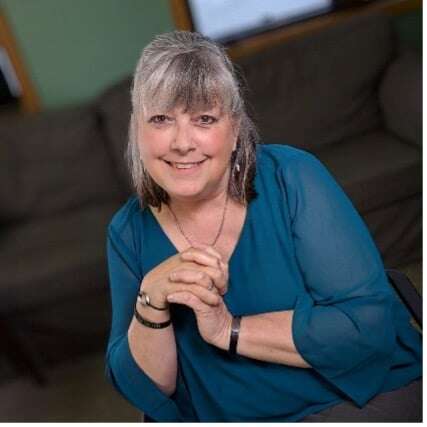 Provided by Katie Mackey, SMART Recovery E-Learning Coordinator
Provided by Katie Mackey, SMART Recovery E-Learning Coordinator
A growing number of individuals, family members and friends are finding our self-empowering program helpful in recovering from all types of addictive substances and behaviors. Unfortunately, many more are disappointed to find that there are not yet SMART meetings in their area, which means we have an enormous need for new volunteers to start and run SMART meetings around the country.
Our self-empowering program teaches skills like how to refuse to act on urges, how to change self-defeating thinking, manage difficult emotions, and work toward long-term satisfactions and quality of life.
Our 4-Point Program® is built around the following skills that are required to achieve healthy, long-term recovery:
- Enhancing and Maintaining Motivation
- Coping with Urges
- Problem Solving (managing thoughts, feelings, and behaviors)
- Achieving a Balanced Lifestyle
Below, we’ve listed a variety of ways you can volunteer your time with SMART Recovery. Once you’ve had a chance to review them, make sure to apply to receive a training scholarship as part of SMART Recovery’s Volunteer Month. Scholarships applications will only be accepted until April 30, 2019.
4 Ways You Can Be a Part of the Solution
Here are four great ways you can team up with SMART Recovery to fight addiction:
(Please note that the below volunteer positions require the completion of our training program.)
1) Become a Meeting Facilitator: Our Facilitators are the lifeblood of our organization–working hard to empower individuals with the skills they need to overcome addiction. Our comprehensive Facilitator training course teaches you all about our 4-Point Program®, with a deep focus on SMART’s tools and techniques. Trained Facilitators can either lead their own SMART Recovery meeting or serve as a co-Facilitator in an existing meeting.
2) Become a Meeting Host: Our Advanced Hosts run SMART discussion meetings, a scripted format that requires a shorter training period than the Facilitator training program. Volunteers who complete the Advanced Host training are also equipped with knowledge they need to be a chat or message board volunteer in our online community.
3) Become a Family & Friends Meeting Facilitator: Our Family & Friends Facilitators provide meetings for “concerned significant others” (CSOs) of someone who has an addiction or is in recovery from an addiction. Meetings are held both in-person and online. Training for running a Family & Friends meeting is available to those who have previously completed the Facilitator training, and to those who sign up for a package registration to complete both the Facilitator training and the F&F training back to back.
Volunteer In-Person or Online: Most of these volunteer positions are available in both in-person and online options.
4) DONATE!: If these volunteer options do not make sense for you at this time, but you’d still like to contribute to the cause, please consider donating to our Training Scholarship Fund. Your gift to this fund supports volunteer training and establishes new meetings that empower individuals to overcome addiction.
MATCHING GIFTS: Your gift will be doubled! Thanks to several anonymous donors, gifts to the Training Scholarship Fund will be matched 100% (up to $3000)
Training Scholarships Available
If you’re interested in signing up to become a SMART Recovery volunteer, now is the perfect time to fill out an application. Volunteer Month applications for training scholarships close on April 30, 2019.
Click here to apply for a smart recovery training scholarship.
Have questions? Email us at training@smartrecovery.orgto talk with a member of our training team.
About SMART Recovery
Founded in 1994, SMART (Self-Management And Recovery Training) uses science-based techniques that have proven to be effective in helping people recover from addiction problems involving any substance or behavior, including alcohol, drugs, gambling, over-eating, shopping, internet use, and more.
Each week, many thousands of people discuss recovery progress, challenges, and SMART tools at more than 3,000 in-person meetings, daily online meetings and 24/7/365 internet message board forums and chat rooms.
Participants use SMART to assume responsibility for their own recovery and become empowered using its 4-Point Program®: building motivation; coping with urges; managing thoughts, feelings and behaviors; and living a balanced life.
For more information, please visit www.smartrecovery.org.




